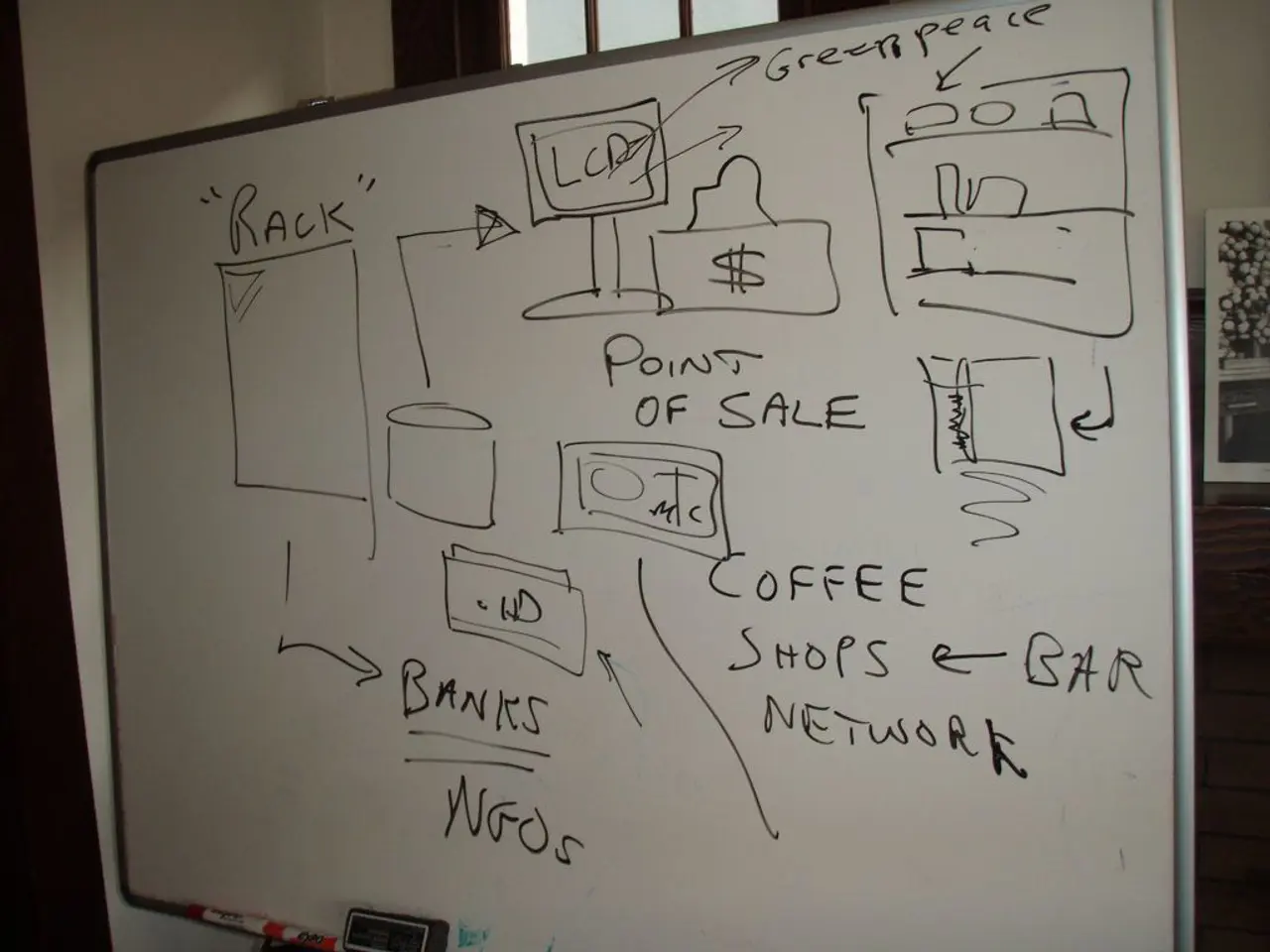Quantum Threat Looms: PQShield Leads PQC Transition by 2035
The cybersecurity landscape is evolving rapidly with the looming threat of quantum computers. PQShield, a British startup led by Ali El Kaafarani, is at the forefront of this shift, specializing in quantum-secure solutions. The National Security Agency has set a 2035 deadline for government departments and critical infrastructure to adopt post-quantum cryptography (PQC).
PQC aims to replace current cryptographic standards RSA and ECC, which are vulnerable to attacks by quantum computers. The transition to PQC is a strategic, decade-long process that requires board-level understanding and support, as advised by CISOs. Around 80% of a business's PQC transition depends on its supply chain and vendor support.
The National Institute of Standards and Technology (NIST) has finalized its first set of PQC standards, providing a five- to 10-year window for full transition. During this period, direct oversight is crucial for proprietary software, legacy systems, and private networks. PQShield's founder and CEO, Dr. Nishil Shah, emphasizes the importance of prioritizing the protection of most valuable and sensitive data first.
Early adopters of PQC can gain a competitive advantage by demonstrating future-focused security to customers and competitors. However, ignoring PQC risks data exposure, regulatory penalties, reputational damage, and loss of customer trust.
As the world prepares for the quantum computing era, the transition to PQC is inevitable. Businesses must prioritize this strategic shift, ensuring board-level support and supply chain collaboration. With the deadline set for 2035, it's crucial to start the transition now to mitigate risks and gain a competitive edge.
Read also:
- India's Pragmatic Budget: Sitharaman Aims to Revitalise Growth, Alleviate Distress
- Eric Dane Diagnosed with ALS, Advocates for ACT for ALS
- Deepwater Horizon Oil Spill: BP Faces Record-Breaking Settlement - Dubbed 'Largest Environmental Fine Ever Imposed'
- Meta Unveils Ray-Ban AR Display Sunglasses; TikTok Agrees to $200 Million Deal




